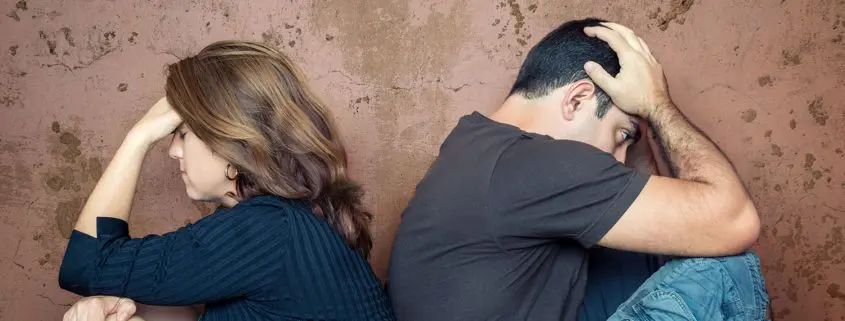When is couples therapy not effective?
Nestled in the serene environment of Byron Shire, Anne Evans Counselling provides a sanctuary for couples seeking to heal and strengthen their relationships through therapy. While couples therapy can be a transformative experience, leading to improved communication, renewed connection, and deeper understanding, there are certain circumstances where it may not be effective. It is essential to recognise these scenarios to manage expectations and explore alternative solutions if necessary.
Understanding the Limits of Couples Therapy
Couples therapy is not a panacea; its success hinges on various factors, including the commitment of both partners, the timing of therapy, and the presence of certain detrimental elements within the relationship. Here are some situations where couples therapy might struggle to be effective:
1. When There Is Ongoing Abuse
In relationships where there is ongoing physical, emotional, or psychological abuse, the immediate priority is ensuring the safety of the individuals involved. Couples therapy may inadvertently create an environment where the abuser can manipulate the sessions to further harm or control the victim.
2. When One Partner Has Already Decided to Leave
If one partner has conclusively decided to exit the relationship and is using therapy as a platform to communicate this decision, the potential to rebuild the relationship has dramatically decreased. Therapy relies on both individuals being open to change and repair.
3. In the Presence of Secret Affairs
If one partner is actively engaged in infidelity and is not transparent about it, the foundation of trust required for couples therapy to be successful is undermined. For therapy to work, both parties must be honest and willing to work through issues together.
4. When There Is Lack of Accountability
Therapy can be rendered ineffective if one or both partners refuse to acknowledge their role in the relationship’s difficulties. Change cannot occur without taking responsibility for one’s actions and behaviors.
5. When One or Both Partners Are Not Fully Committed to the Process
Effective therapy requires a commitment to the process, which includes doing the work outside of sessions and engaging with a willingness to evolve. Without this commitment, therapy sessions may become a mere formality rather than a transformative experience.
6. When Substance Abuse Is Involved
Active and untreated substance abuse can hinder the effectiveness of therapy. Substance abuse often needs to be addressed individually before or alongside couples therapy for the therapy to be beneficial.
7. When There Is Severe Mental Health Issues
Certain mental health issues can severely impact relationship dynamics. These conditions may need individual attention before the couple can effectively benefit from joint counselling.
8. When Expectations Are Unrealistic
Therapy cannot deliver instant solutions or change inherent traits of individuals. Unrealistic expectations about what therapy can achieve can lead to disappointment and a lack of engagement with the process.
9. When External Pressures Overwhelm the Relationship
Sometimes the stressors external to the relationship, such as financial strain, family conflict, or significant life transitions, can be so overwhelming that they render couples therapy ineffective until those external issues are managed.
Navigating the Path Forward with Anne Evans Counselling
Anne Evans Counselling approaches these challenging scenarios with the understanding that sometimes the most constructive path may not be to stay together. In such instances, therapy can shift focus to help individuals move forward in the healthiest way possible, potentially transitioning to individual therapy.
Reflecting on Alternative Paths
In cases where couples therapy may not be effective, it is crucial to reflect on alternative paths. This might include individual therapy, legal counsel in situations of abuse, or engaging with support groups specifically tailored to certain issues.
Embracing the Journey of Individual Growth
Sometimes, the most significant growth occurs outside the realm of the relationship. Individual therapy can help partners develop a stronger sense of self, which is crucial whether they stay together or part ways.
Recognising When to Pause or Stop Therapy
Acknowledging when to pause or stop couples therapy is as important as starting it. If progress stalls or if therapy exacerbates issues without resolution, it may be time to reassess.
Embracing the Journey, Whatever the Outcome
At Anne Evans Counselling in Byron Shire, the belief is that every journey through therapy is a step towards growth, even if it leads away from the relationship. By recognising when couples therapy may not be effective, individuals can make informed decisions about their paths and seek the most appropriate support for their circumstances. In the tranquility of Byron Shire, there is always the promise of a new beginning, whatever form that may take.





Leave a Reply
Want to join the discussion?Feel free to contribute!